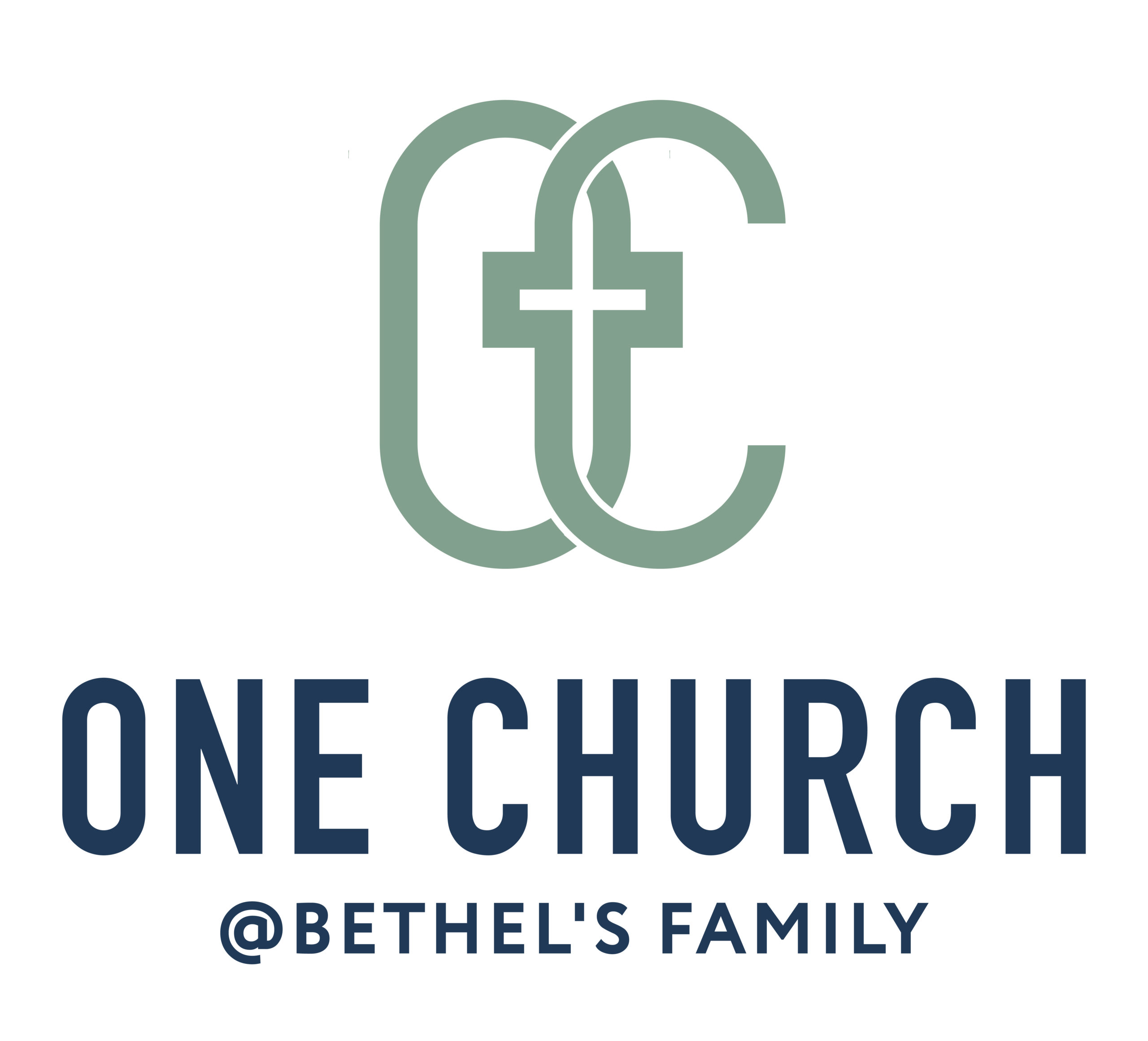Romans 12:8 reads, “If you’re called to give aid to people in distress, keep your eyes open and be quick to respond.”
We say, “It’s not my responsibility. I don’t want to get involved!” Ever said those words? You may have thought you had a good reason – perhaps it was an inconvenient time – but the bottom line is you didn’t offer to help someone in need. And you’re not alone. Research confirms that the trend to avoid involvement is increasing worldwide. Nevertheless, “being there” for others is a biblical mandate; it’s the practical application of loving God and your neighbor (Matthew 22:37-39). Crises generally present themselves in three ways:
1) Situational crises include serious illnesses, the death of a loved one, or breakdowns in family relationships. The patriarch Job experienced all of these!
2) Developmental crises happen over the course of life – leaving home, going away to college, marriage adjustments, parenting, retirement or declining health.
Abraham and Sarah knew all about living through developmental crises. They left their home and family and endured years of childlessness. Then on top of that God asked them to sacrifice their one and only “miracle” son.
3) Self-awareness crises are when you discover disturbing truths about yourself – you’re told that, humanly speaking, your illness is incurable, or you see yourself as a failure because now you’re too old to realize your life’s goals. Or you face the reality of being divorced or widowed, or you feel rejected because of your background.
People like Elijah and Jonah are examples of self-awareness crises. Do any of these examples bring someone you know to mind? And if so, “be quick to respond.”
© 2018 CE

